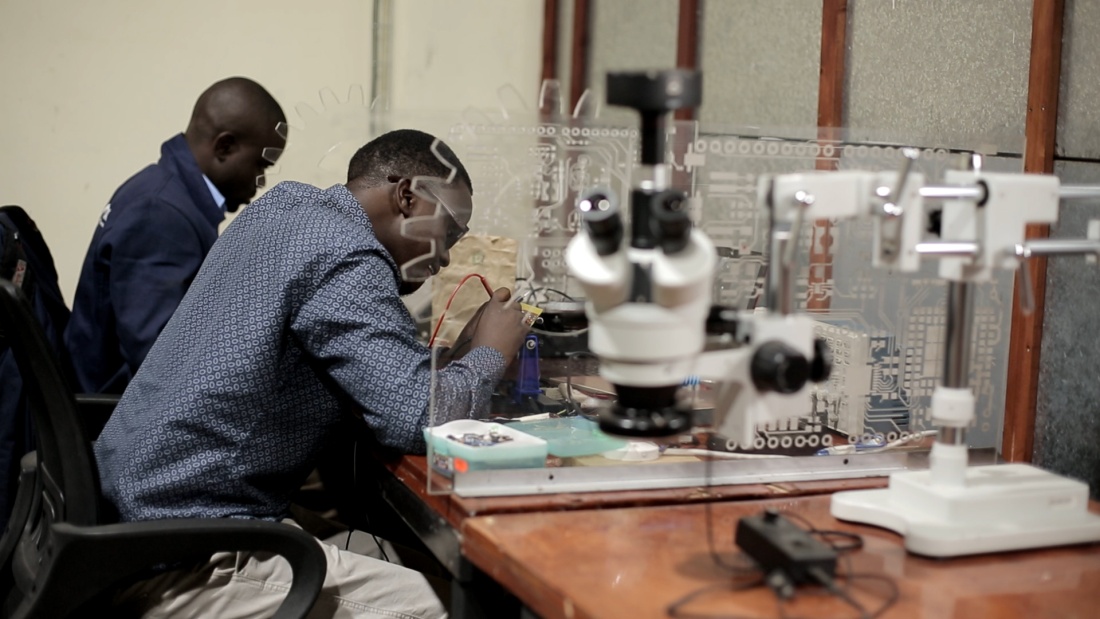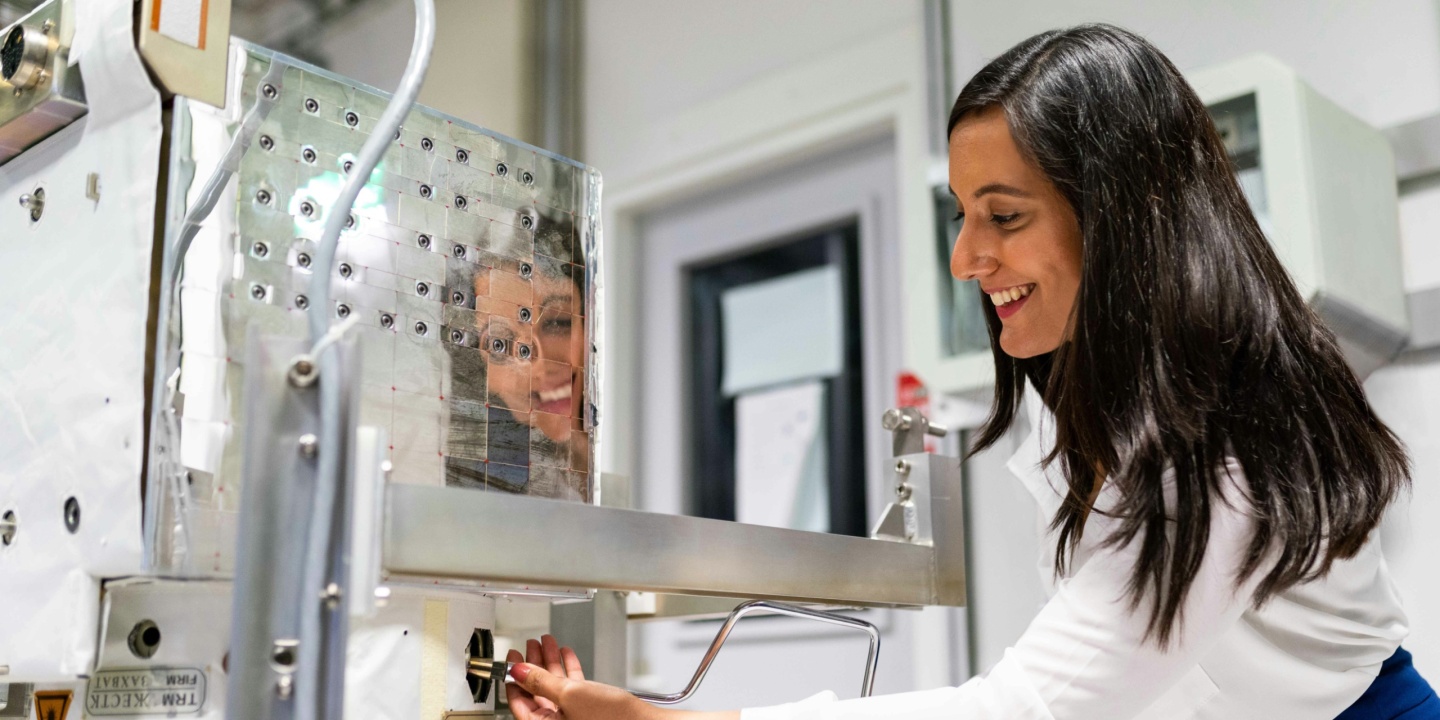Engineering for One Planet (EOP) and our partners brought a strong sustainability focus to this year's 2024 Annual Conference of the American Society for Engineering Education (ASEE) - which included a presentation by Lemelson Foundation President Eric Lemelson about how to define sustainability in new ways to address our global climate crisis.
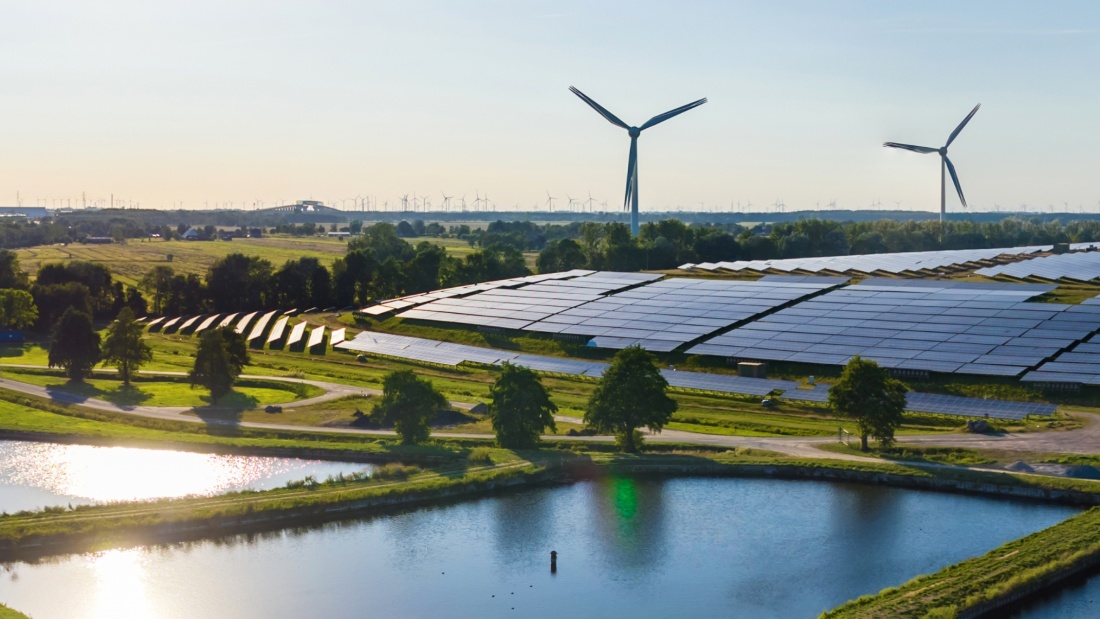
The award represents the third cohort of grantees for the program, providing funding and mentorship to help engineering faculty integrate sustainability into their curricula.
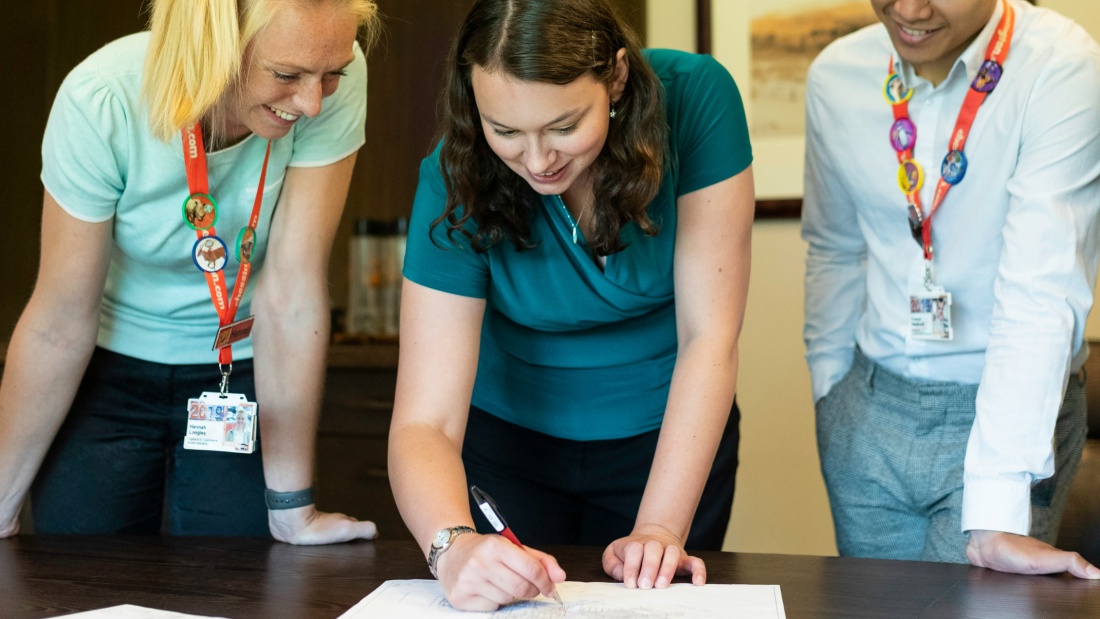
EOP made waves this quarter! From industry and educational events to our thriving network and the launch of #EOPFrameworkFridays, we're spreading the word about sustainability in engineering education.
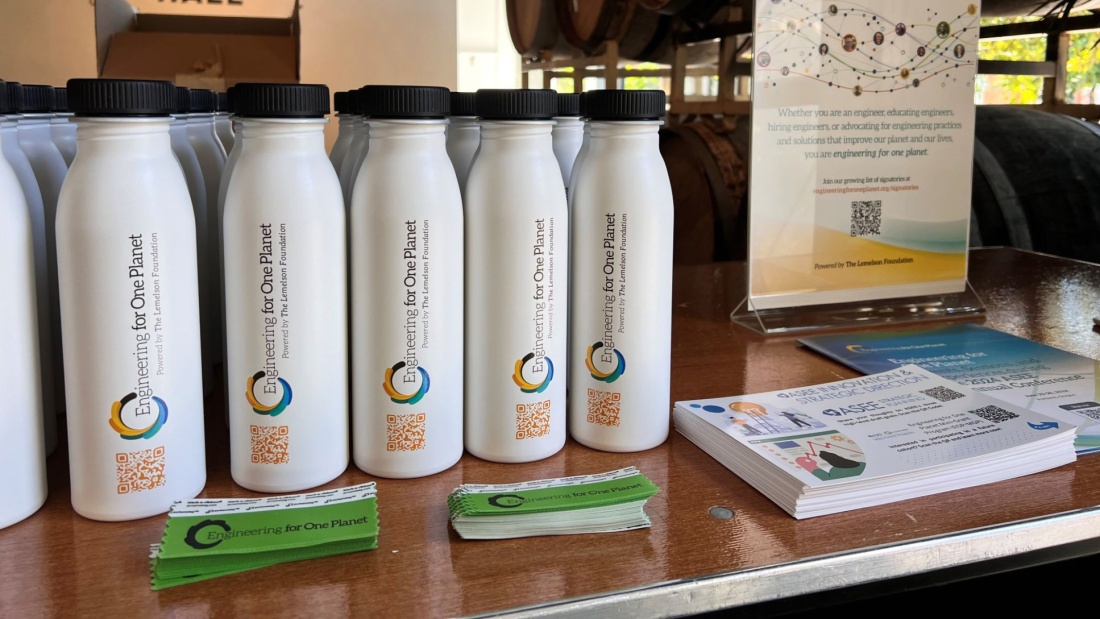
A new EOP brochure details how engineers are uniquely equipped to help achieve the UN's 17 SDGs.
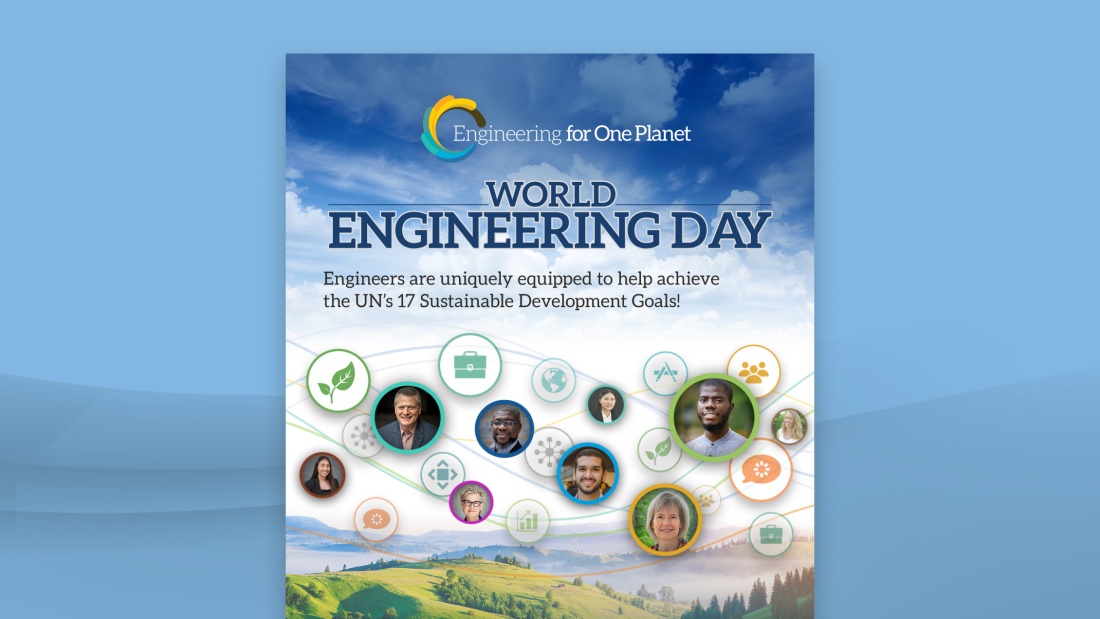
EOP will have a strong presence at the 2024 American Society for Engineering Education (ASEE) Annual Conference in Portland, Oregon.
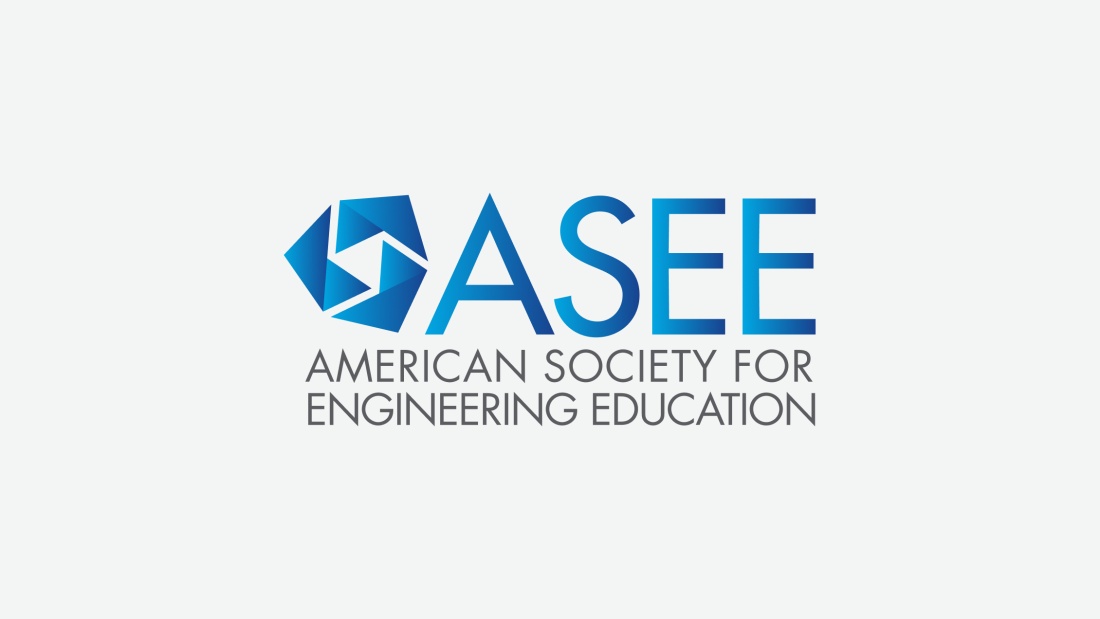
World Engineering Day prompts crucial questions: Can the very ingenuity that defines engineering — the force that builds our world’s cities and puts a world of knowledge in our hands — help pave the path towards a truly sustainable future?
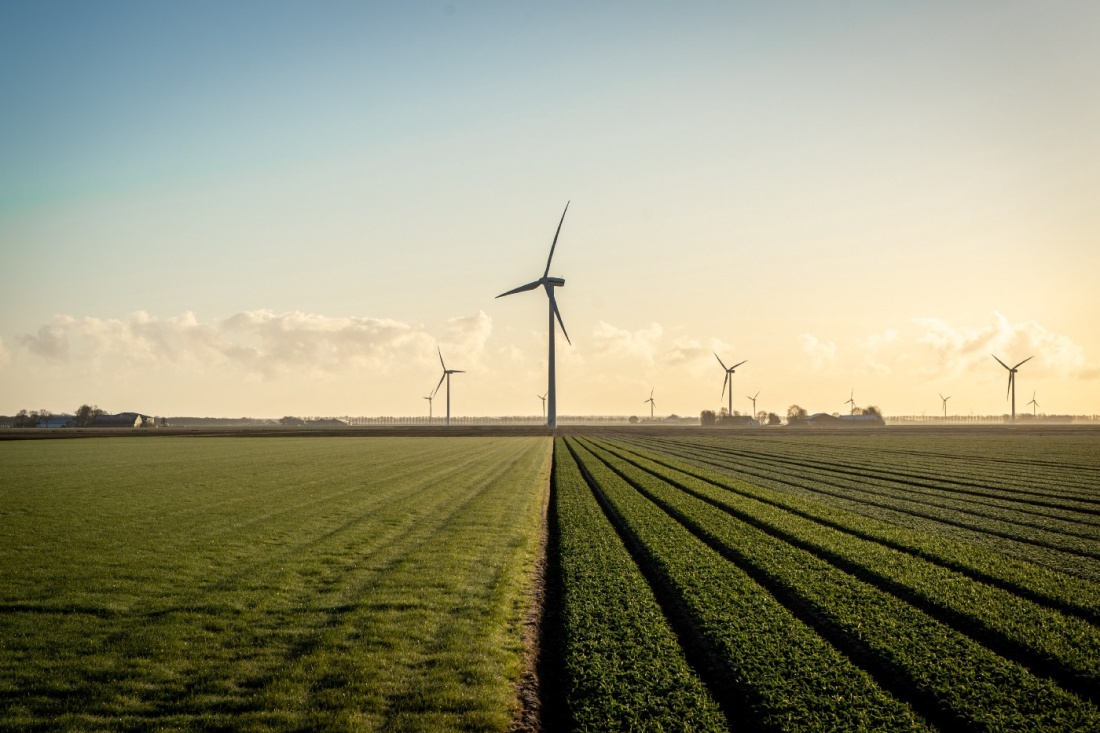
Engineering is one of the most fundamental contributors to human health and prosperity. From consumer goods to hardware and software products to buildings and modes of transportation, the solutions that engineers create are core to nearly every aspect of life.
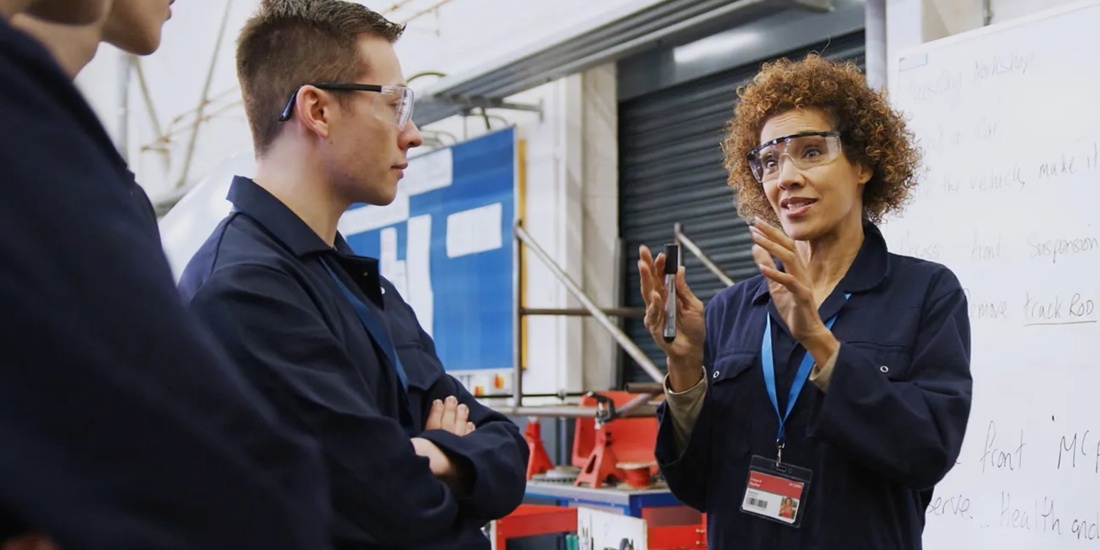
Ambitious climate commitments and sustainability goals are driving a massive trend in the growth of green jobs. As governments and companies across the globe set policies and plans to address the climate crisis, there is an urgent need to fill those new positions with a workforce that can meet the challenge.
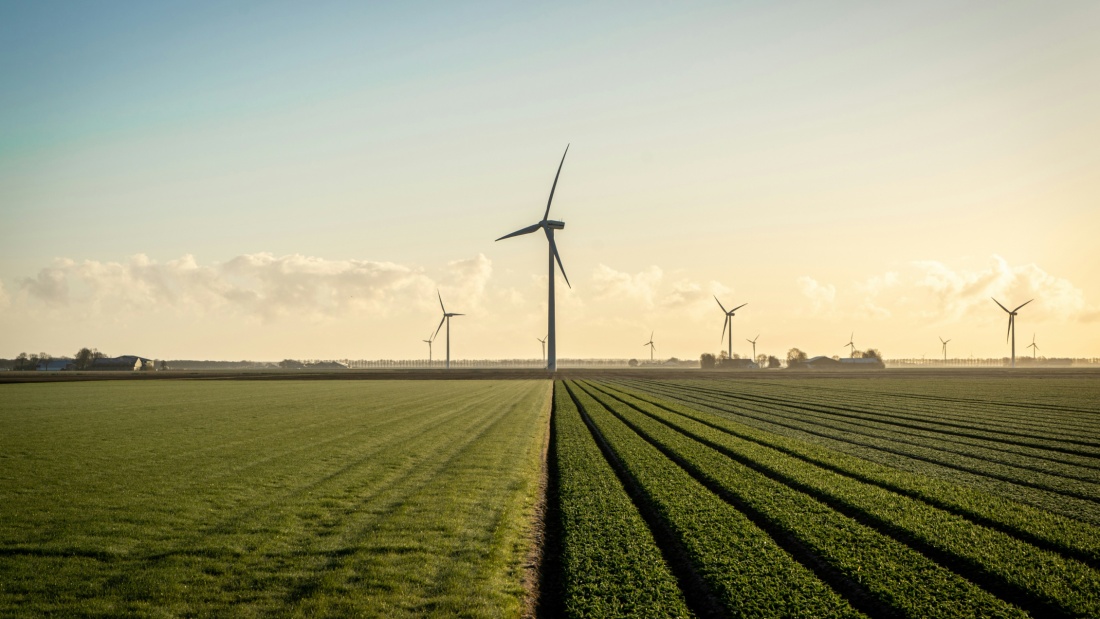
As we look to recover and rebuild from a tumultuous pandemic year, “Build Back Better” has been the guiding principle of the Biden administration. But it can equally be applied to our natural environment, as we look at degraded ecosystems and the disruption caused by climate change.

On April 22, 1970, millions of Americans took to the country’s streets, parks, college campuses and classrooms to demand action for a healthier planet. This was the first Earth Day, and it sparked the modern environmental movement.
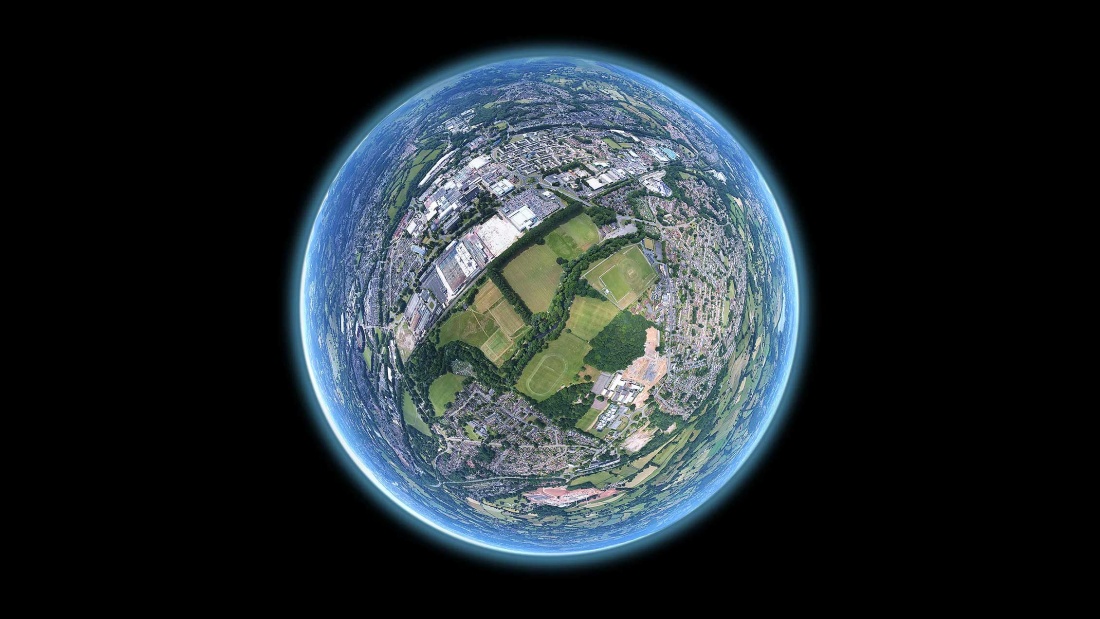
The United Nations Environment Program has crowned June 5th World Environment Day. And although the pandemic may have caused many news desks to push aside climate change headlines for the time being, we cannot afford to forget the very real environmental challenges faced by communities around the world.

What if every engineering student were given the knowledge and tools to assess environmental responsibility as a matter of course? We believe it would have a transformative effect by cultivating the very people and systems that can make the greatest difference for environmental impact.
